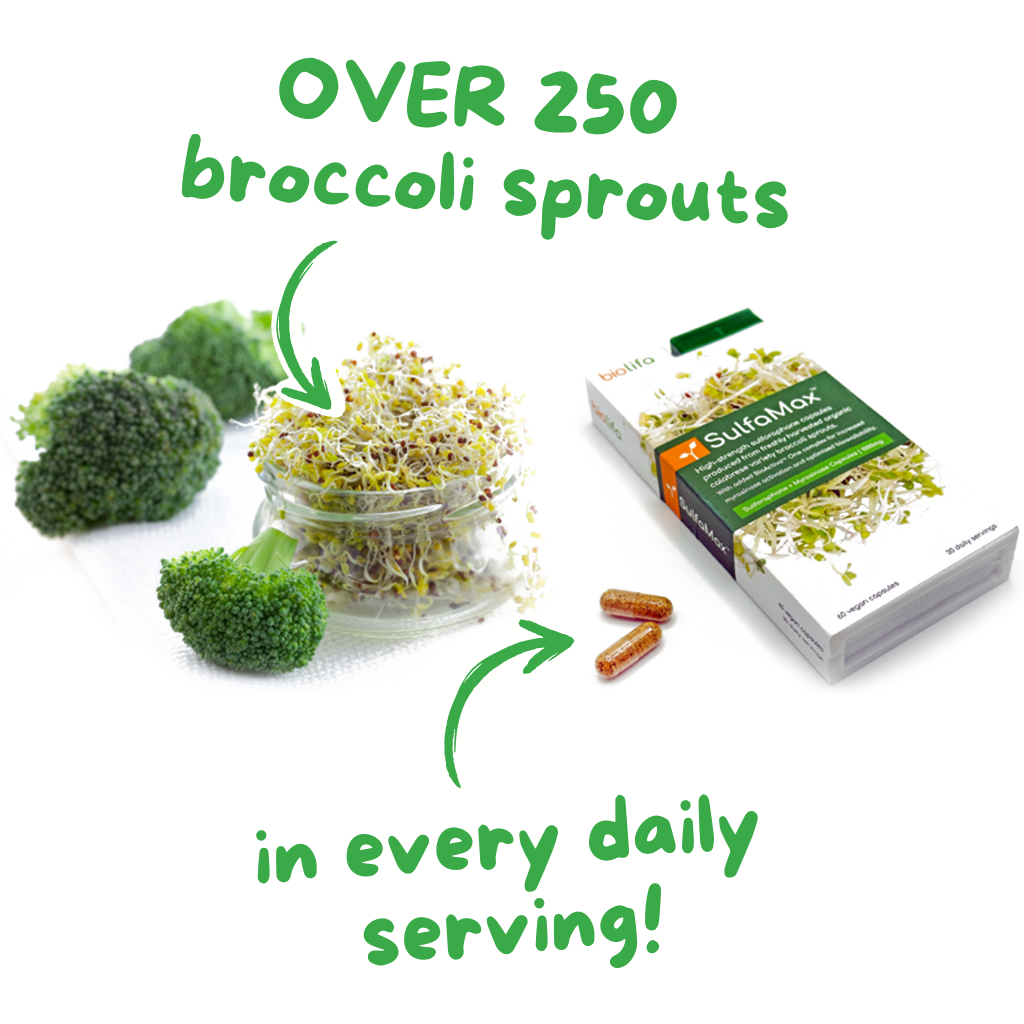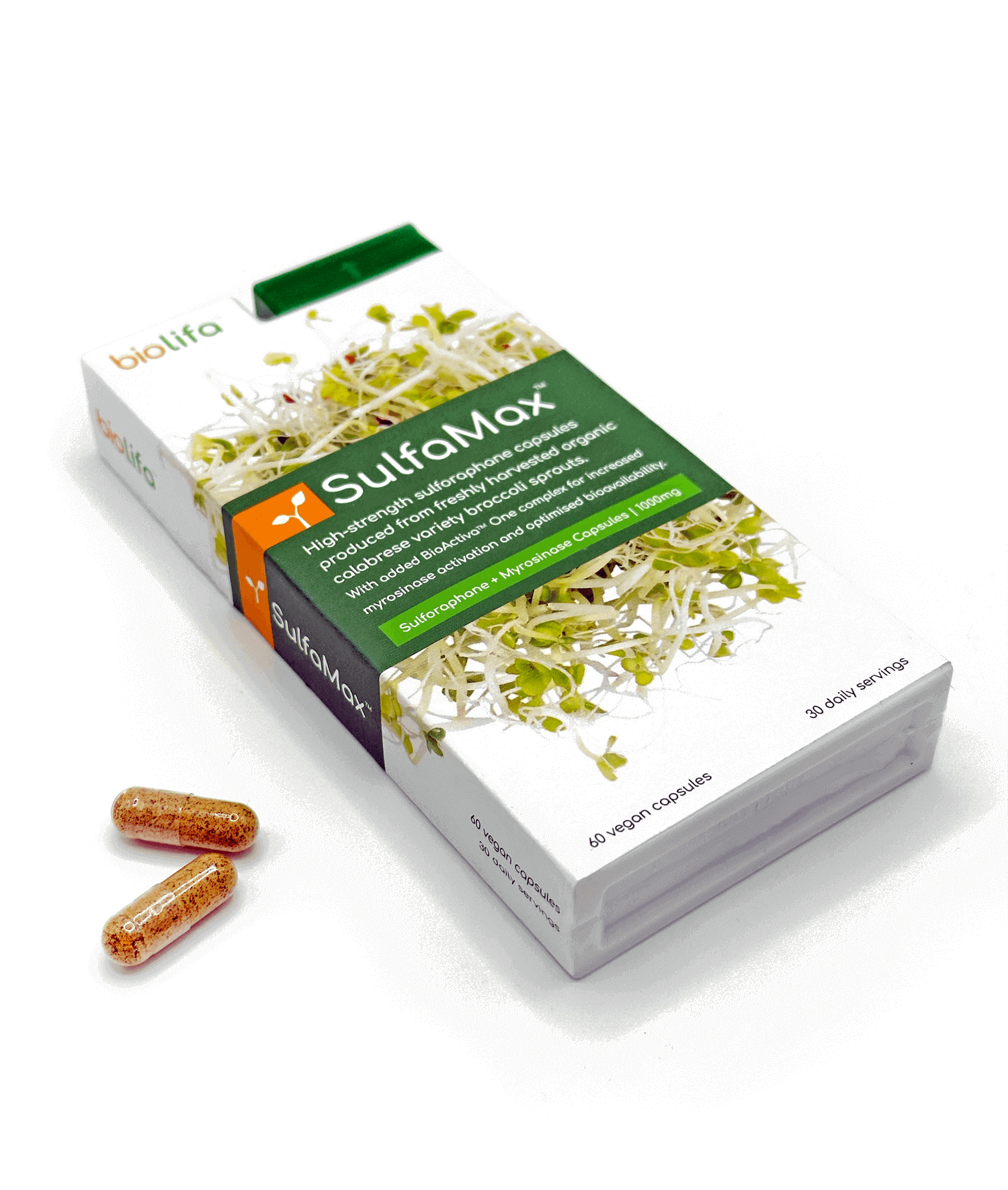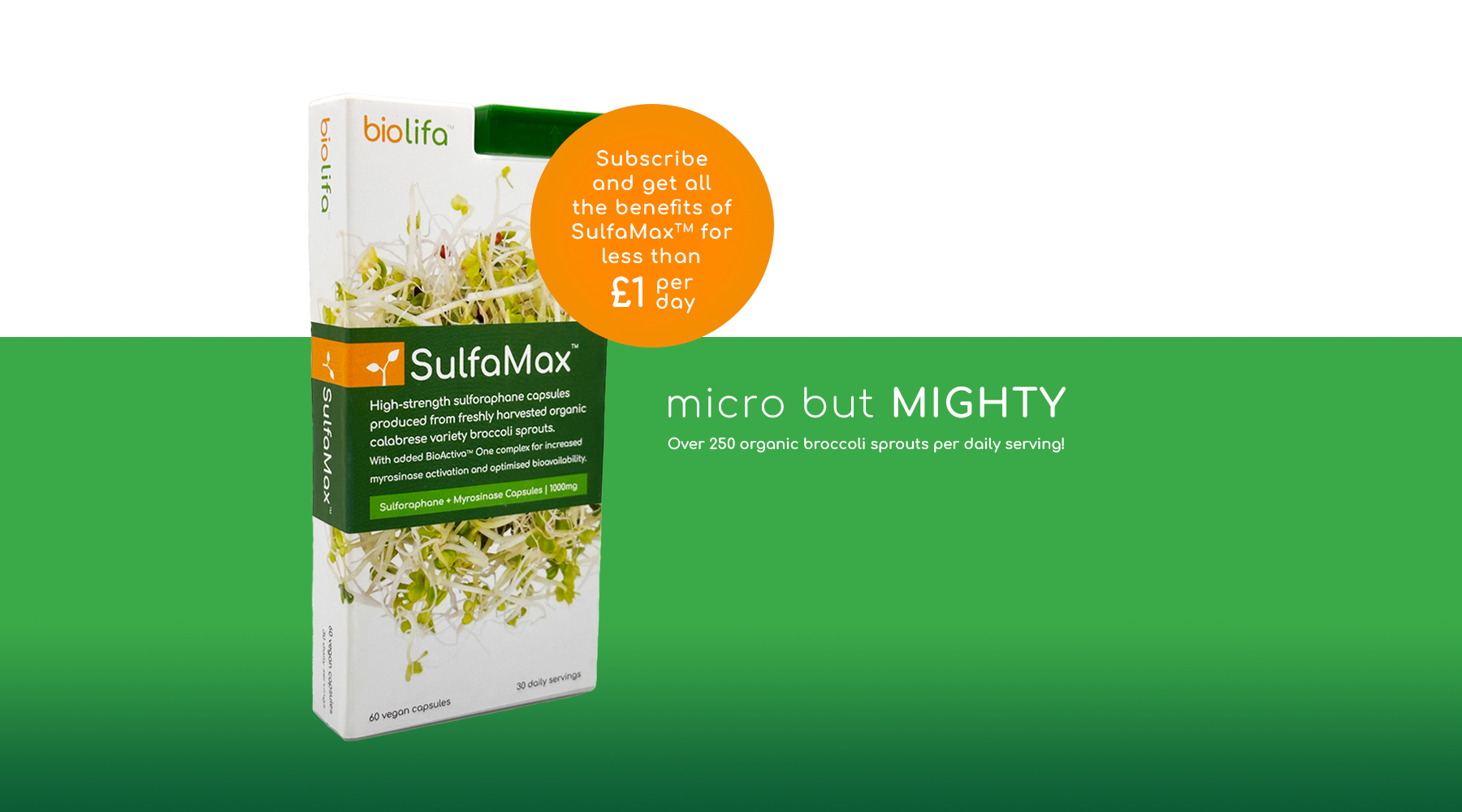Insulin resistance is a growing concern in today's society, affecting millions of people worldwide. It is a condition where the body's cells become less responsive to the hormone insulin, leading to elevated blood sugar levels and an increased risk of developing type 2 diabetes. While there are various treatment options available, one natural solution that has gained significant attention is sulforaphane.
What is Sulforaphane?
Sulforaphane is a powerful compound found in cruciferous vegetables such as broccoli, Brussels sprouts, and kale. It is a natural plant defence mechanism that helps protect against harmful insects and diseases. In recent years, researchers have discovered that sulforaphane also offers numerous health benefits for humans, including its potential to improve insulin resistance.
How Does Sulforaphane Improve Insulin Resistance?
Sulforaphane works by activating a specific protein called nuclear factor erythroid 2-related factor 2 (Nrf2). This protein plays a crucial role in regulating the body's antioxidant response and reducing inflammation. By activating Nrf2, sulforaphane helps to combat oxidative stress and inflammation, two key factors that contribute to insulin resistance.
Furthermore, sulforaphane has been shown to enhance the expression of genes involved in insulin signaling and glucose metabolism. This means that it can help improve the body's ability to utilize insulin effectively and regulate blood sugar levels.
Scientific Evidence Supporting Sulforaphane's Benefits
Several studies have provided compelling evidence of sulforaphane's potential in improving insulin resistance. In a randomized controlled trial involving obese individuals with type 2 diabetes, supplementation with sulforaphane-rich broccoli sprout extract led to a significant reduction in fasting blood sugar levels and improved insulin sensitivity.
Another study conducted on mice with diet-induced obesity found that sulforaphane supplementation reduced insulin resistance and improved glucose tolerance. These findings suggest that sulforaphane may have a protective effect against the development of type 2 diabetes.
How to Incorporate Sulforaphane into Your Diet
If you're looking to harness the benefits of sulforaphane, incorporating cruciferous vegetables into your diet is key. Broccoli, Brussels sprouts, kale, cauliflower, and cabbage are all excellent sources of this powerful compound. To maximise sulforaphane content, it is recommended to lightly steam or sauté these vegetables rather than consuming them raw.
If you want a quick, hassle free way to get broccoli sprouts into your diet on a daily basis - try our SulfaMax sulforaphane supplement which contains over 250 organically grown broccoli sprouts in each two capsule serving.
The Bottom Line
Sulforaphane is a natural compound found in cruciferous vegetables that shows promising potential in improving insulin resistance. By activating specific proteins and enhancing insulin signaling, sulforaphane can help regulate blood sugar levels and reduce the risk of developing type 2 diabetes. Whether you choose to incorporate more cruciferous vegetables into your diet or opt for a sulforaphane supplement, this powerful compound can be a valuable addition to your health routine. Embrace the power of sulforaphane and take control of your insulin resistance today!







